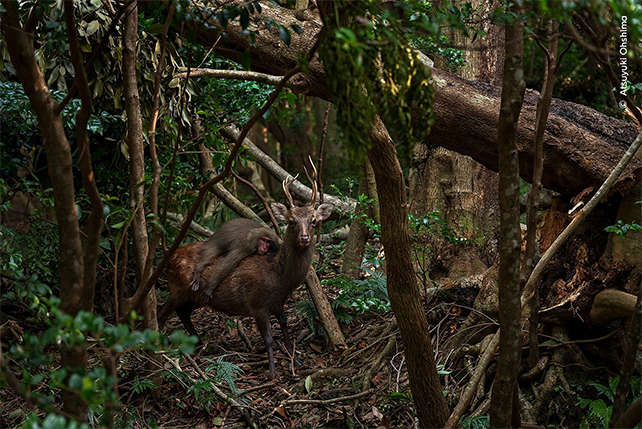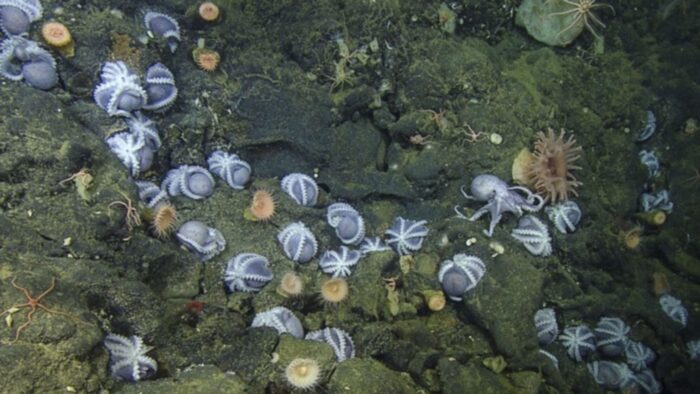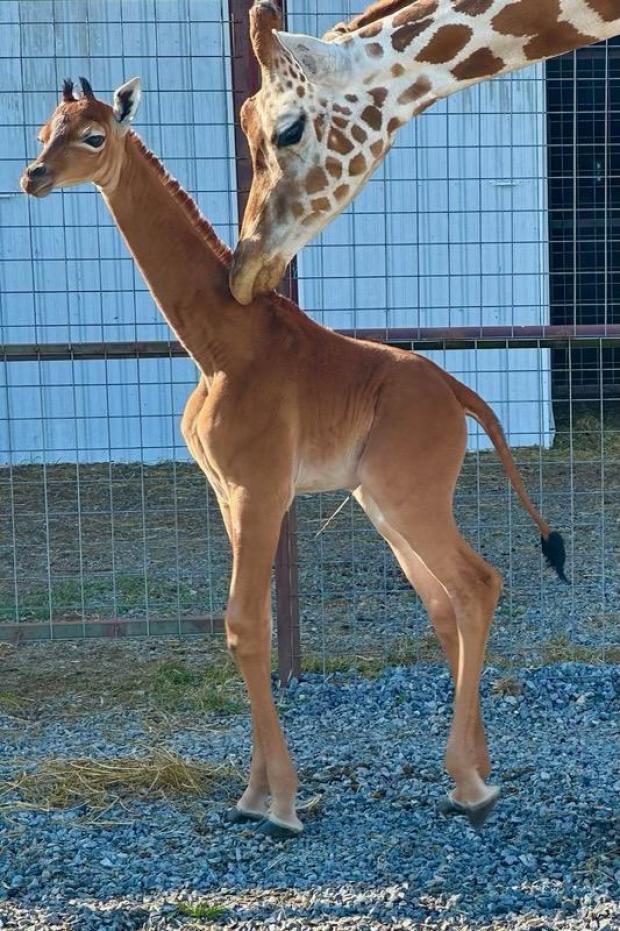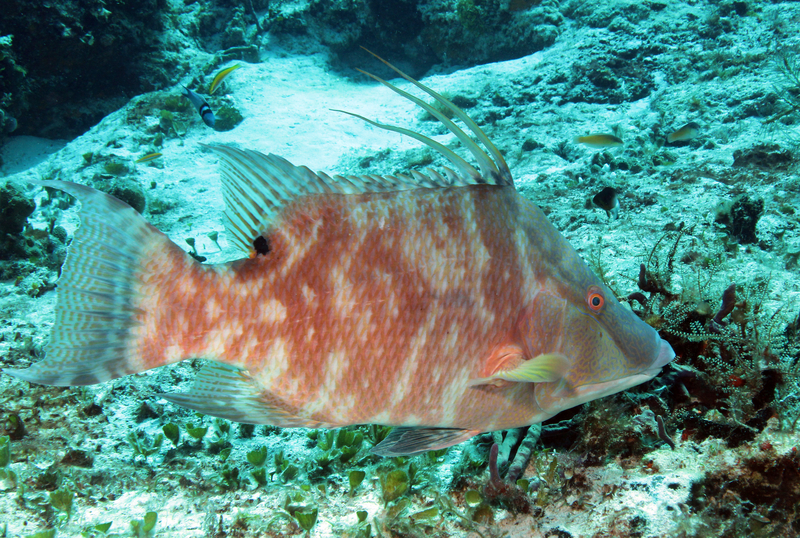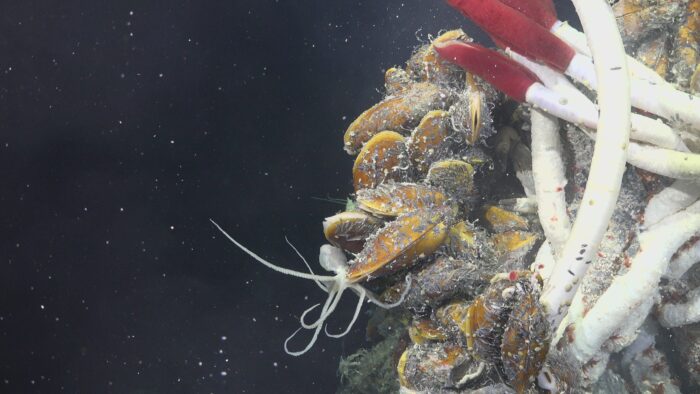Animal conservation is tough work. You need resources, eager people, and most of all, lots of patience. But it's also very rewarding, especially when you get to see an animal return to its habitat after nearly becoming extinct.
That's the story of many animals, including one species of desert antelope: the scimitar-horned oryx of North Africa (say SIH-mih-tar).
Hunted to near-extinction
This species of oryx is strong, quick, and lives in large herds. They also have a pair of horns that are really beautiful... and that was its problem. Like so many other horned and tusked animals, from rhinos to elephants, the horns of this oryx were prized by hunters and collectors. Poachers—as well as drought and habitat loss—pushed the animal to the brink of extinction. Only a worldwide breeding program was able to save it from disappearing for good.
Last week, a second group of captive-bred oryx were reintroduced (or released) into a nature preserve in the country of Chad. This group, which had 23 antelope in it, joins a group of 25 that were released last August. At the time, those 25 were the first oryx in Chad in about 30 years.
Preserving its chances
Though these animals are living in the wild, because it is a nature preserve, they can still be closely monitored. That is very important. Scimitar-horned oryx are still prized for their horns, so they need to be protected from poachers. At least this preserve is free of two other big dangers to the animals—lions and cheetahs do not live there.
All of these animals are wearing tracking collars to let researchers follow how they are behaving and adapting. It is always a challenge for an animal raised in captivity to live in the wild. It becomes used to certain things such as feedings and people to care for them. But so far, the original 25 oryx from August are doing very well. Scientists are confident that these new oryx will only make the herd stronger. It all brings them closer to the reintroduction program's goal of having 500 oryx living in Chad in 5 years.
Fingers (and horns) crossed!
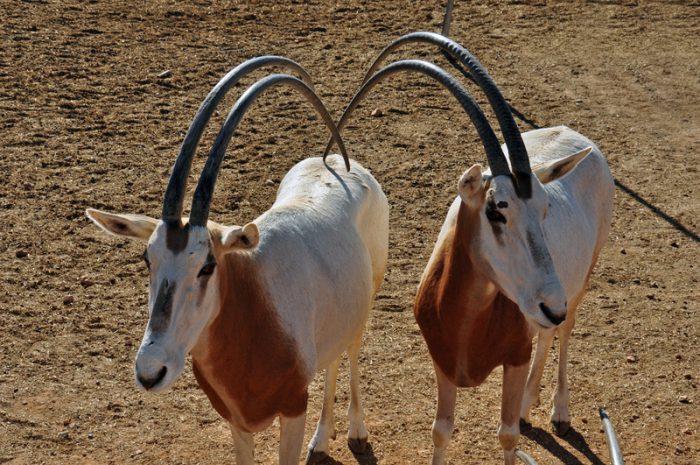 23 scimitar-horned oryx have been reintroduced to the country of Chad. It's part of a program to bring the animals back to the wild where they belong. (© Dimitris Kolyris | Dreamstime.com)
23 scimitar-horned oryx have been reintroduced to the country of Chad. It's part of a program to bring the animals back to the wild where they belong. (© Dimitris Kolyris | Dreamstime.com)
